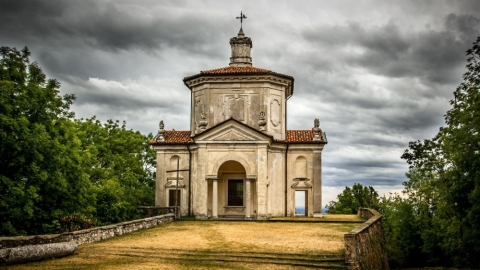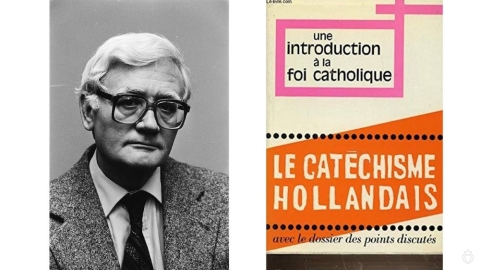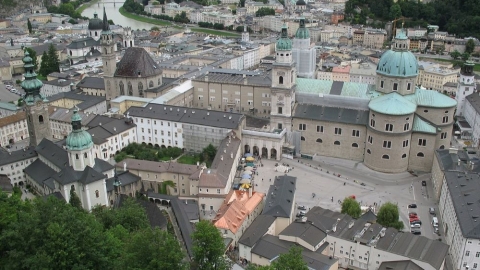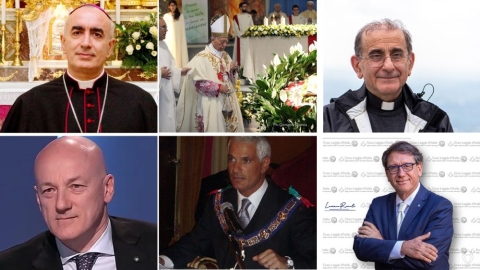St. Mary Major: Lenten Diet for the Canons
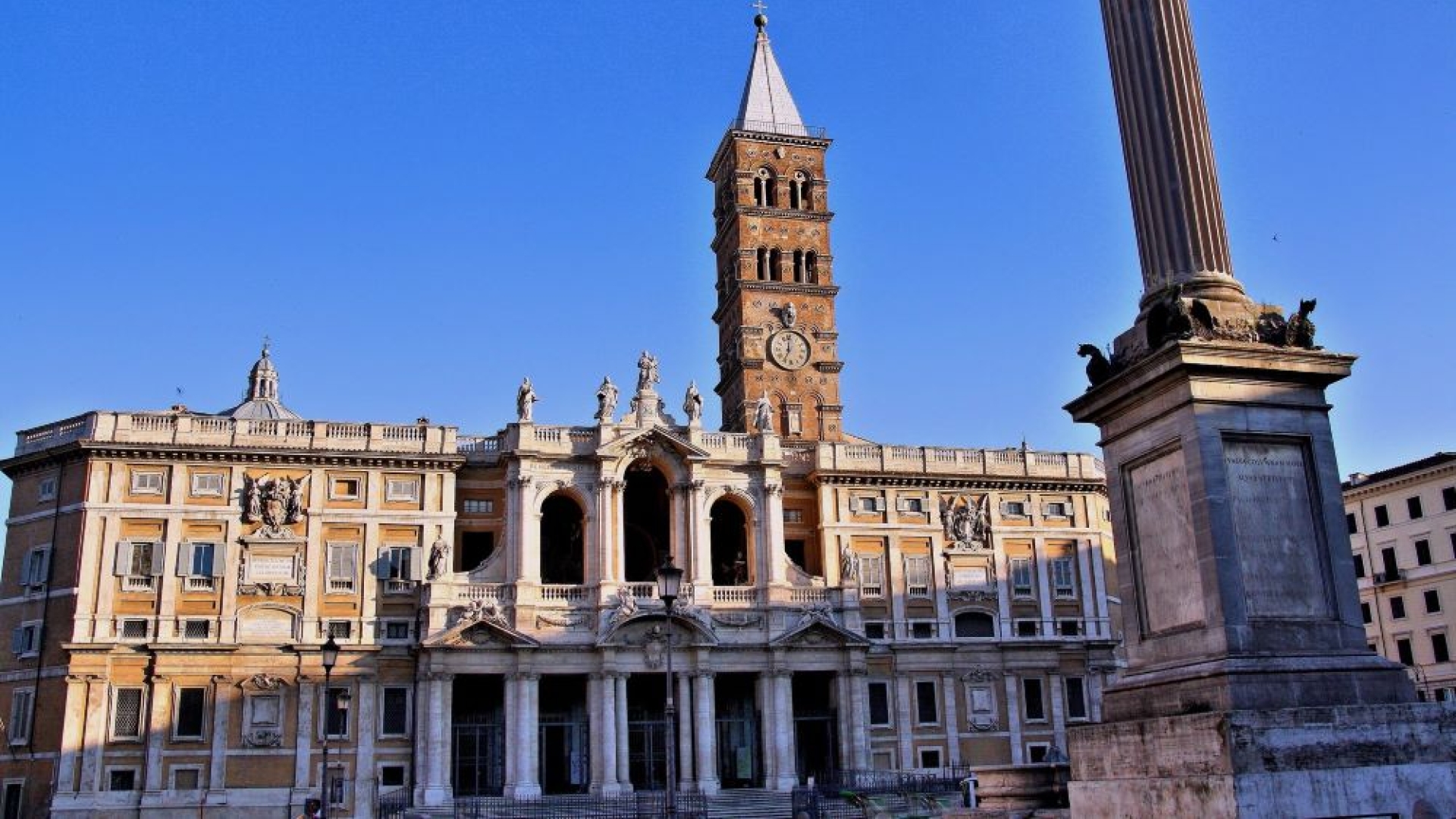
The Basilica of St. Mary Major
Pope Francis has promulgated the reform of one of the most venerable chapters of the Latin Church: that of St. Mary Major. The new reform intends to draw inspiration from the principles set out by the Apostolic Constitution Praedicate Evangelium, which restructured the Roman Curia in 2022.
The venerable canons of the Liberian basilica have known for some time that the Supreme Pontiff had his eyes turned toward them, and not only because Francis maintains a particular devotion for the icon of the Virgin Mary, Salus Populi Romani, venerated in this place: in the past, the Italian press had already reported on the economic management, sometimes presumed unreliable, of one of the most famous sanctuaries of the Eternal City.
The principal change is a reduction of the authority of the chapter: “I consider it opportune to free the Canons from all economic and administrative duties, so that they may dedicate themselves, fully and with renewed vigour, to the spiritual and pastoral accompaniment that pilgrims from all over the world seek and wish to find when they cross the threshold of the first Marian Shrine in the West,” explains the papal decree circulated to the Roman Curia on March 19, 2024.
Deprived of all power in matters of finance, the canons of St. Mary Major will no longer be able to rent the apartments of the basilica estate as they wish for their families or friends, as the custom guaranteed them the privilege until now: they will have to receive the approval of the board of directors.
The institution of the latter is one of the great novelties of the reform: it is to this body that the entire management of the Liberian basilica will fall, while the mandate of the canons finds itself reduced to a duration of five years, with an age limit fixed at 80 years, and the obligation to leave the home leased free of charge by the basilica within a month when the canonry expires. The time of lifetime prebends is well over.
In 2021, Pope Francis had charged one of his right-hand men, Fr. Rolandas Makrickas--whom he has since elevated to the dignity of Archbishop--with taking in hand the economic and financial management of a Liberian chapter officially “brought to its knees by the COVID-19 pandemic.”
This supervision is justified by the “chaotic” and “opaque” running of accounts by the canons according to the press and the arrival of the time to again write new statutes for an institution which dates from the end of the 12th century and which had always had free rein in the past. The first statutes promulgated by Pope John Paul II in 1999 had the merit of revealing the complexity of the canonical structure reformed a few days ago.
In recognition of his services, the Argentine Pontiff appointed Archbishop Makrickas as Coadjutor Archpriest of the Basilica, with “all the faculties necessary for the moderation and application of the new Regulations and for the government of the Chapter [...] and that he shall maintain, until the Board of Directors takes office, the power to perform acts of ordinary and extraordinary administration.”
Devised according to the principles of the Apostolic Constitution Praedicate Evangelium, which presided over the reform of the Roman Curia--and one of whose more or less stated objectives is to transfer a part of the power of ecclesiastical government to the laity--the new reform limits the power of the chapter to the spiritual sphere, where it must “shine by the holiness of a life devoted to the service of God and by the piety of morals.”
Its other task will be to watch over the future sepulcher of Pope Francis, who has decided to be buried in St. Mary Major, breaking with the established by his predecessors of choosing the Vatican Basilica as a resting place while awaiting the Resurrection. The new statutes do not in any case provide for the canons coming to put flowers on his tomb every day.
(Sources : Il Messaggero/ACI Stampa – FSSPX.Actualités)
Illustration : Flickr / Jean Louis Mazieres (CC BY-NC-SA 2.0 Deed)

